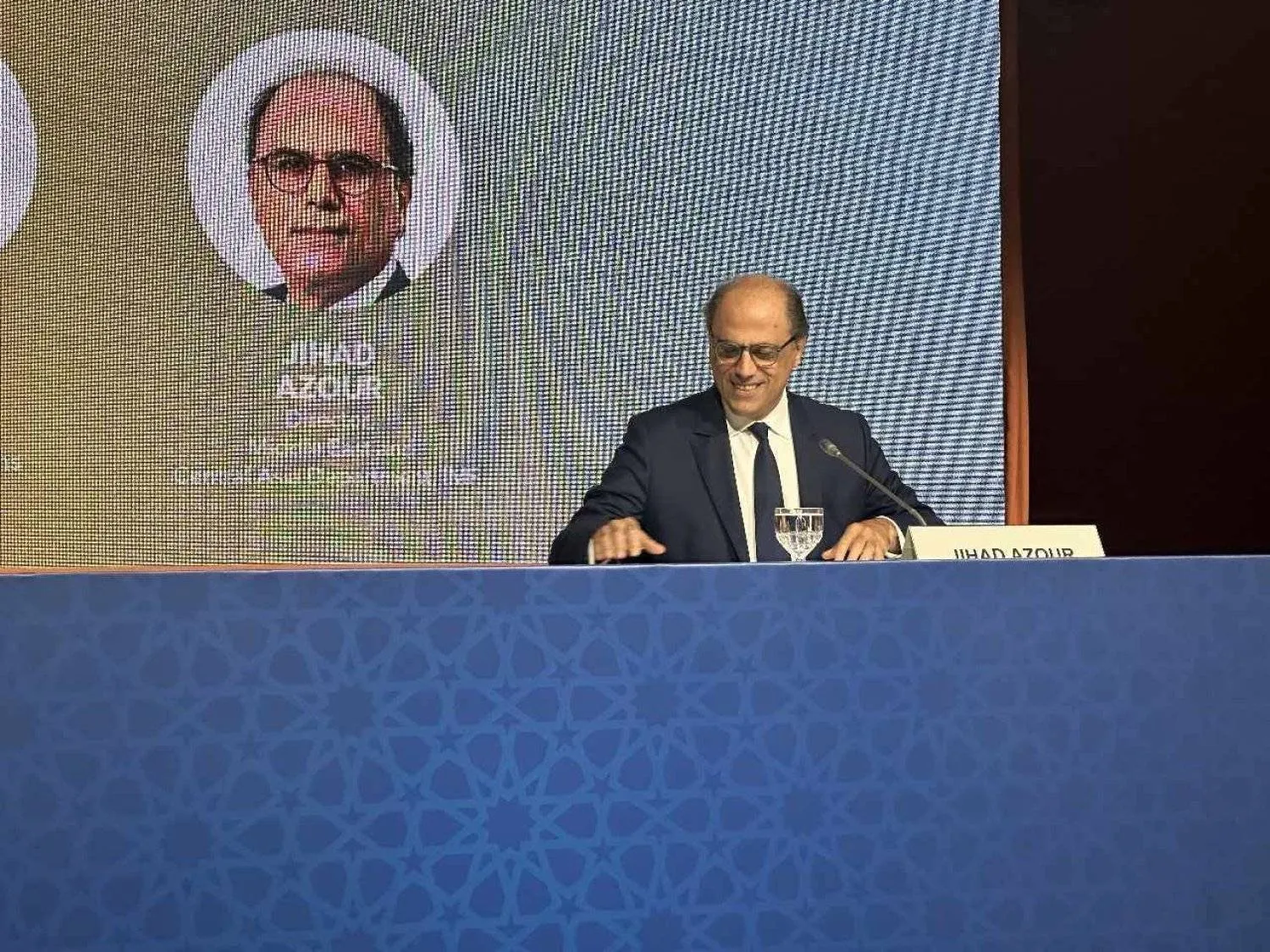The Director of the Middle East and Central Asia Department at the International Monetary Fund (IMF), Jihad Azour, stated that ongoing conflicts in Lebanon and the broader Middle East have increased uncertainty, emphasizing that economic stability is the primary need for the region.
Presenting the Regional Economic Outlook report for the Middle East and North Africa on the sidelines of the IMF and World Bank annual meetings, Azour noted that economic growth in the Middle East and Central Asia is expected to rise.
He added that Gulf countries have adapted effectively to various shocks, from the COVID-19 pandemic to multiple crises, with the GCC maintaining a stable growth rate.
Azour highlighted that Saudi Arabia is projected to achieve 4.6% growth, driven by advancements in economic diversification and expansion in non-oil sectors.
He pointed out that the Kingdom’s reforms under Vision 2030 have helped protect the economy despite fluctuations in oil prices. Azour also mentioned that IMF Managing Director Kristalina Georgieva will visit Egypt to assess the effectiveness of the country’s social protection programs, underscoring the importance of maintaining a flexible exchange rate.
Azour noted that geopolitical tensions and conflicts have negatively impacted Egypt’s economy, particularly Suez Canal revenues. He emphasized that the cornerstone of Egypt’s economic reform program is maintaining financial stability and shielding the economy from external shocks, with an expected growth rate of about 4% by the end of the current fiscal year.
He also indicated expectations for a significant decline in inflation in the coming period. The IMF’s program with Egypt, he explained, is designed to address challenging conditions but remains adaptable to shifts in the Middle East.
Azour highlighted that Egypt’s IMF financing program was recently increased from $3 billion to $8 billion, a level well-suited to the country’s macroeconomic needs. He confirmed that the country has received around $35 billion in investments from the United Arab Emirates, providing a major boost to the economy.
Azour also noted that the war in Gaza has affected Jordan’s economy, though the kingdom has maintained growth.









